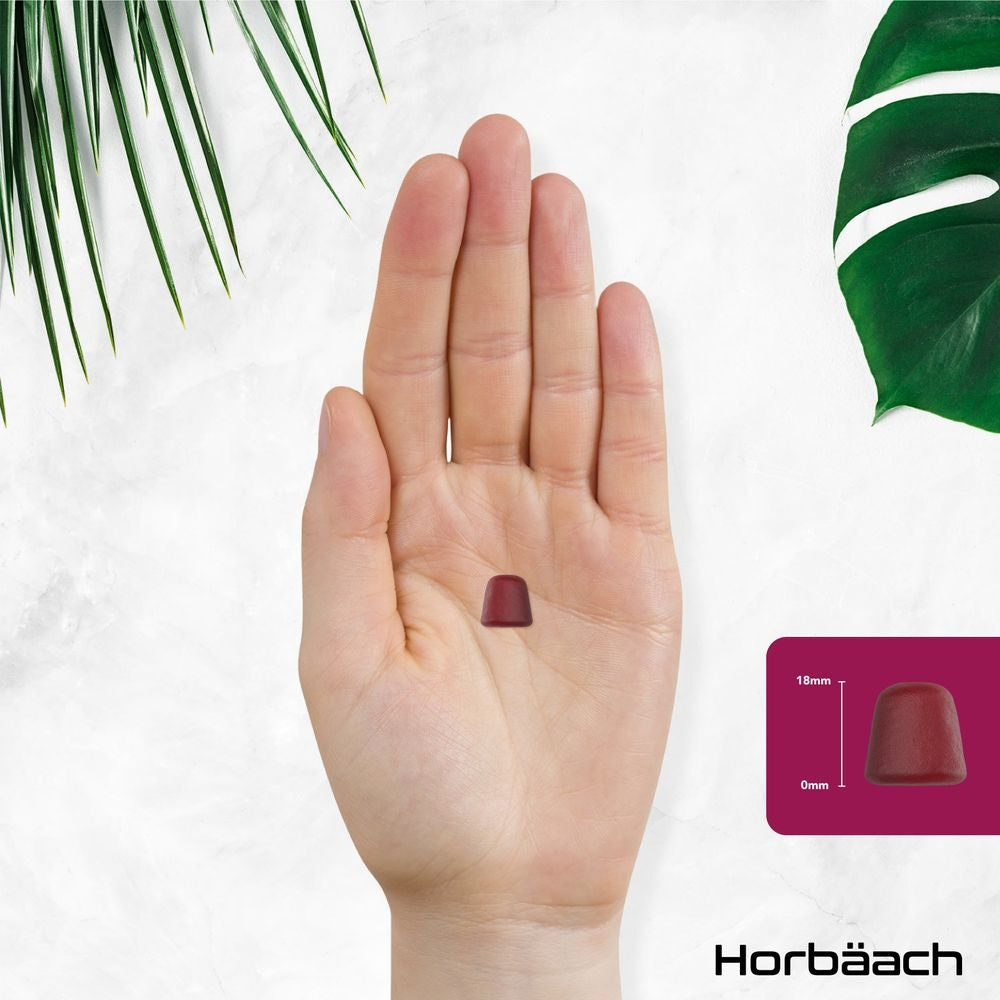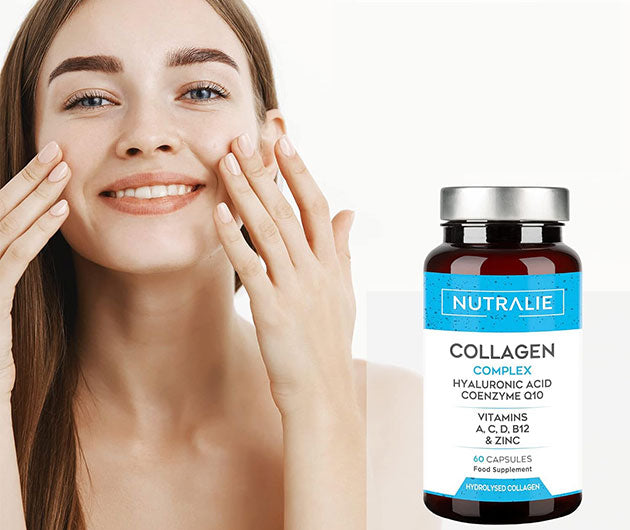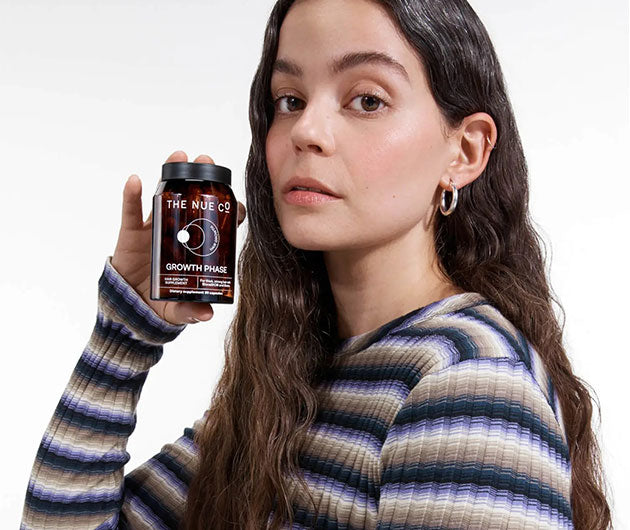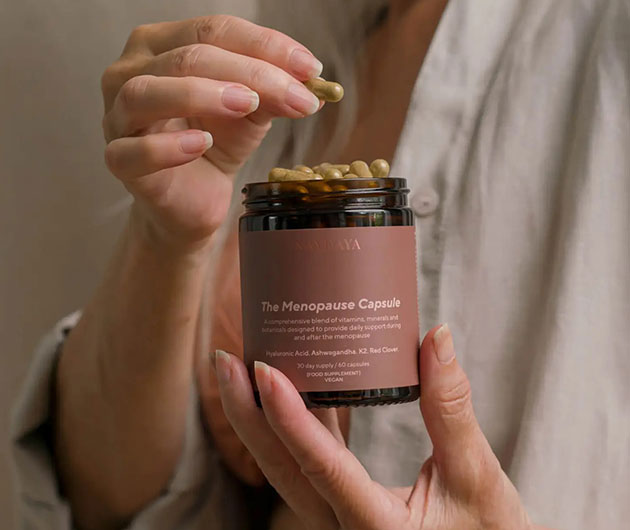
Niacinamide vs. Vitamin C: Which Serum Is Right for You?
In the world of skincare, few ingredients are as celebrated as niacinamide and vitamin C. Both are hailed as multi-tasking powerhouses that brighten skin, reduce signs of aging, and strengthen your skin barrier. But here’s the question: do you need both, or should you choose one over the other? Let’s break down their benefits, differences, and how to use them together for glowing, healthy skin.
What is Niacinamide?
Niacinamide, also known as Vitamin B3, is a water-soluble vitamin that supports overall skin health. It’s gentle, well-tolerated by most skin types, and has a wide range of benefits.
Key Benefits of Niacinamide:
-
Strengthens the skin barrier
-
Reduces redness and inflammation
-
Minimizes the appearance of pores
-
Improves uneven skin tone
-
Controls oil production
Best For: Sensitive, oily, or acne-prone skin.
What is Vitamin C?
Vitamin C (ascorbic acid) is a powerful antioxidant known for its brightening and anti-aging properties. It helps protect the skin against free radicals caused by UV rays and pollution, while stimulating collagen production.
Key Benefits of Vitamin C:
-
Brightens dull skin and fades dark spots
-
Stimulates collagen for firmer, plumper skin
-
Protects against environmental damage
-
Improves skin texture
-
Reduces appearance of fine lines
Best For: Dull, uneven, or aging skin.
Niacinamide vs. Vitamin C: Key Differences
| Feature | Niacinamide | Vitamin C |
| Main Function | Strengthens skin barrier, reduces inflammation |
Brightens skin, boosts collagen, protects from free radicals
|
| Skin Type Suitability | Works for all, especially sensitive & oily skin |
Best for normal to dry skin (may irritate sensitive skin)
|
| Stability | Very stable, long shelf life |
Less stable, oxidizes quickly when exposed to air/light
|
| Usage Time | AM & PM |
Best in AM (for antioxidant protection)
|
| Best For | Acne, redness, enlarged pores |
Dark spots, dullness, fine lines
|
Can You Use Niacinamide and Vitamin C Together?
Yes, absolutely! For years, there was a misconception that the two ingredients cancel each other out—but modern research proves otherwise. When layered correctly, they can complement each other beautifully:
-
Vitamin C provides antioxidant protection and brightening.
-
Niacinamide soothes skin, strengthens the barrier, and reduces irritation (making Vitamin C easier to tolerate).
Pro Tip:
-
Apply Vitamin C first in the morning, followed by niacinamide and sunscreen.
-
At night, you can use niacinamide alone or pair it with other active ingredients like retinol.
Which One Should You Choose?
-
Choose Niacinamide if: You have sensitive, oily, or acne-prone skin, and you want a gentle all-rounder.
-
Choose Vitamin C if: You’re targeting pigmentation, dullness, or early signs of aging.
-
Use Both if: You want maximum protection, brightening, and strengthening benefits in one routine.
Supplements to Support Their Benefits from Within
While topical use is powerful, pairing it with supplements enhances results:
-
Vitamin C supplements support collagen and brighten skin from the inside.
-
Niacinamide-rich foods (like fish, nuts, and whole grains) improve overall skin health.
-
Collagen + antioxidants amplify anti-aging effects.
Conclusion
When it comes to niacinamide vs. vitamin C, it’s not about picking a winner—it’s about finding what your skin needs most. Both ingredients are star players in skincare, and when used correctly, they can team up to give you a healthy, radiant glow.







